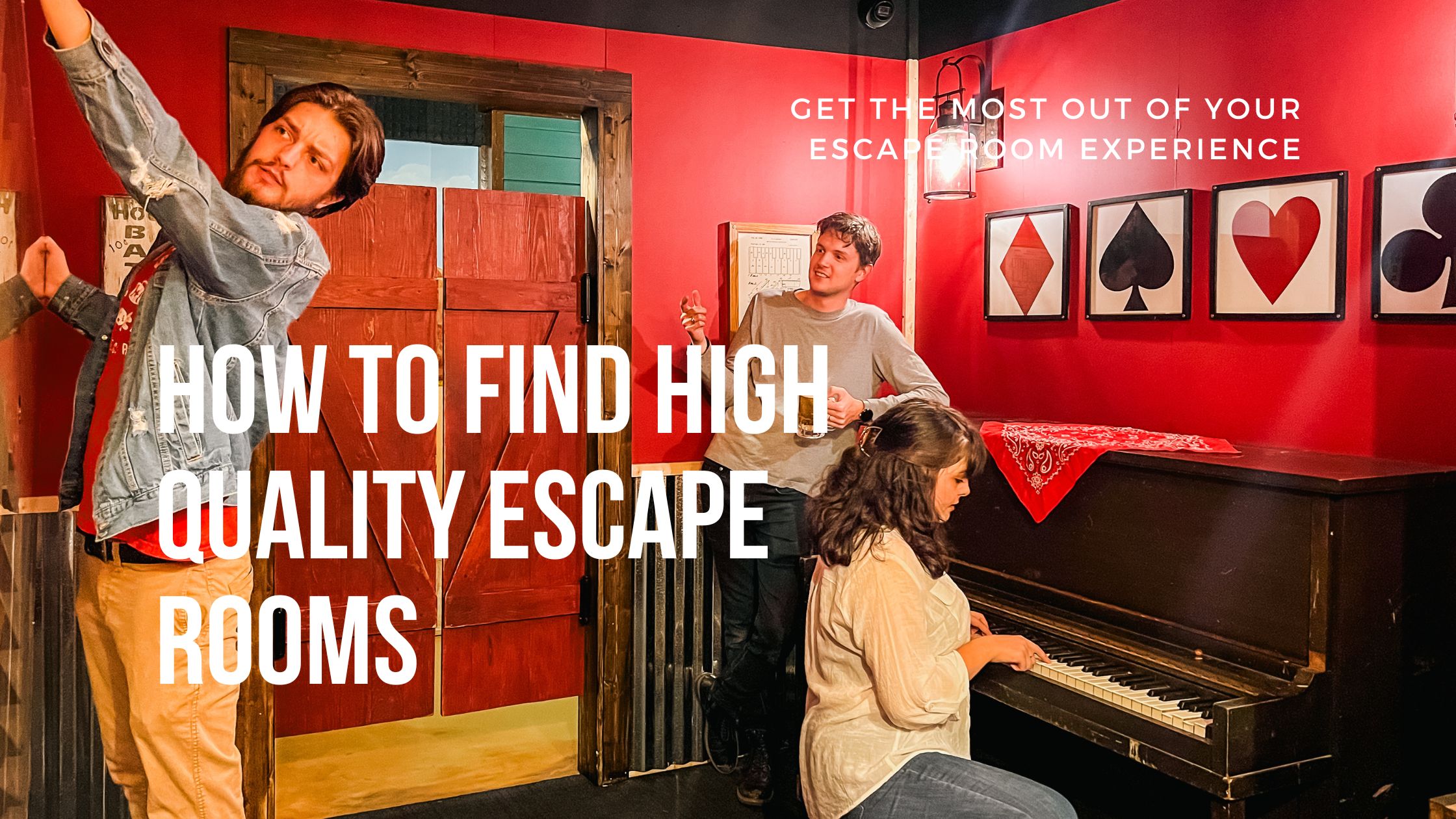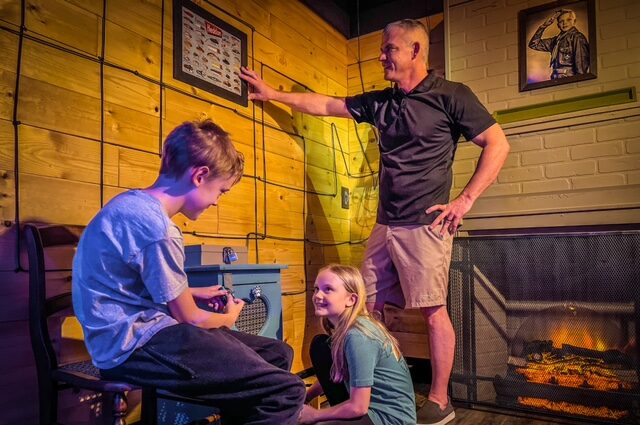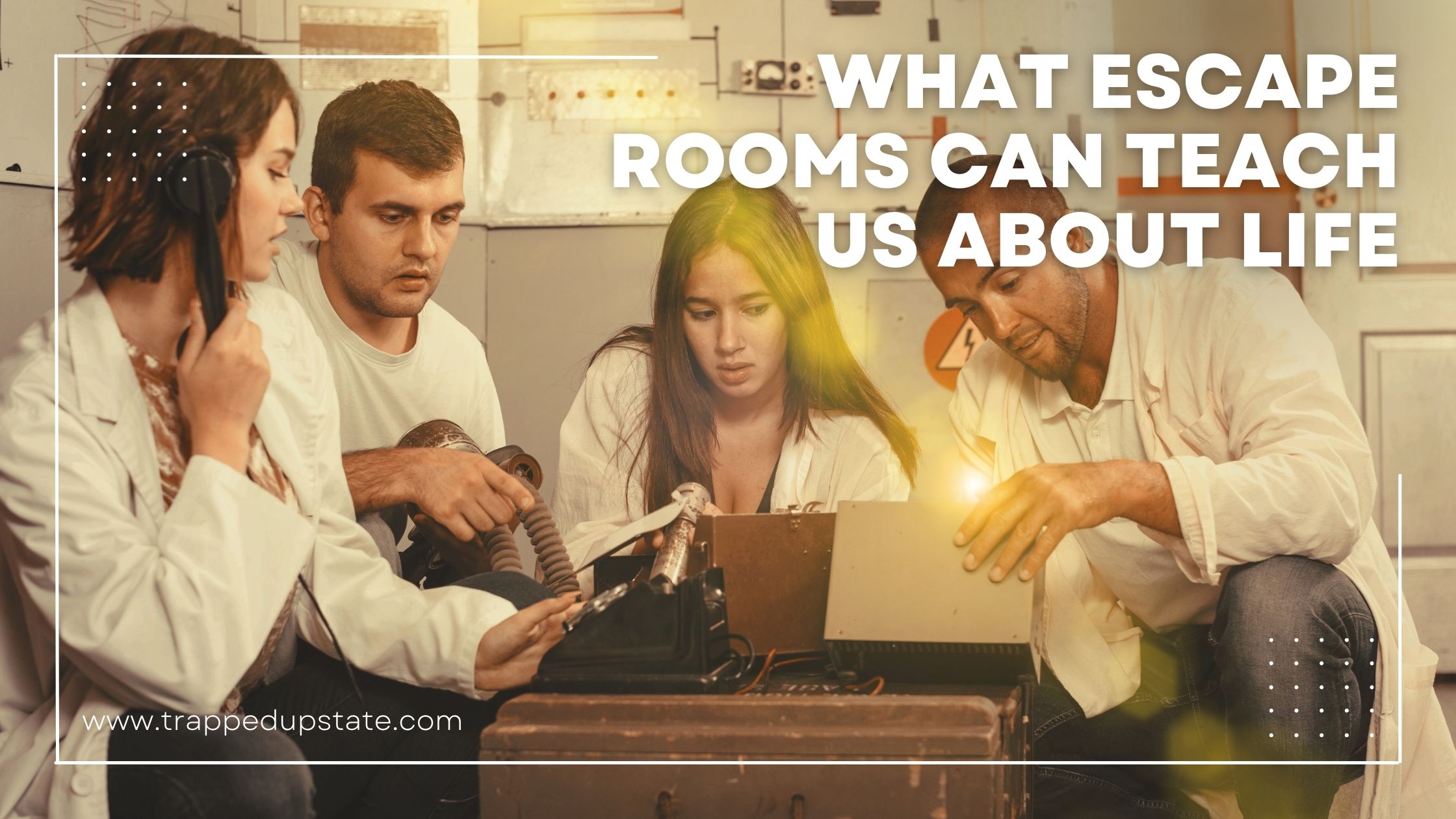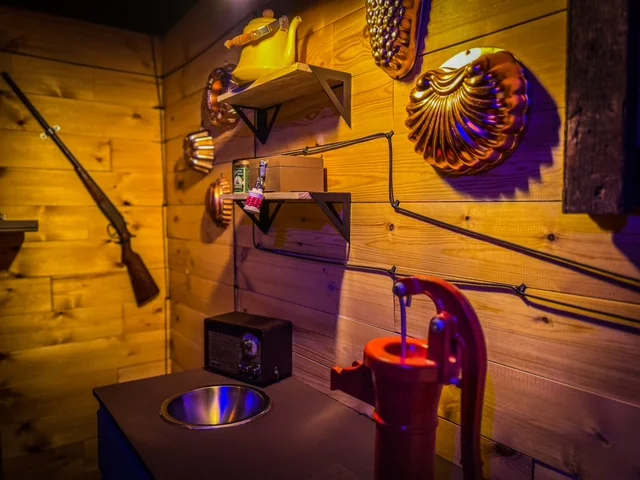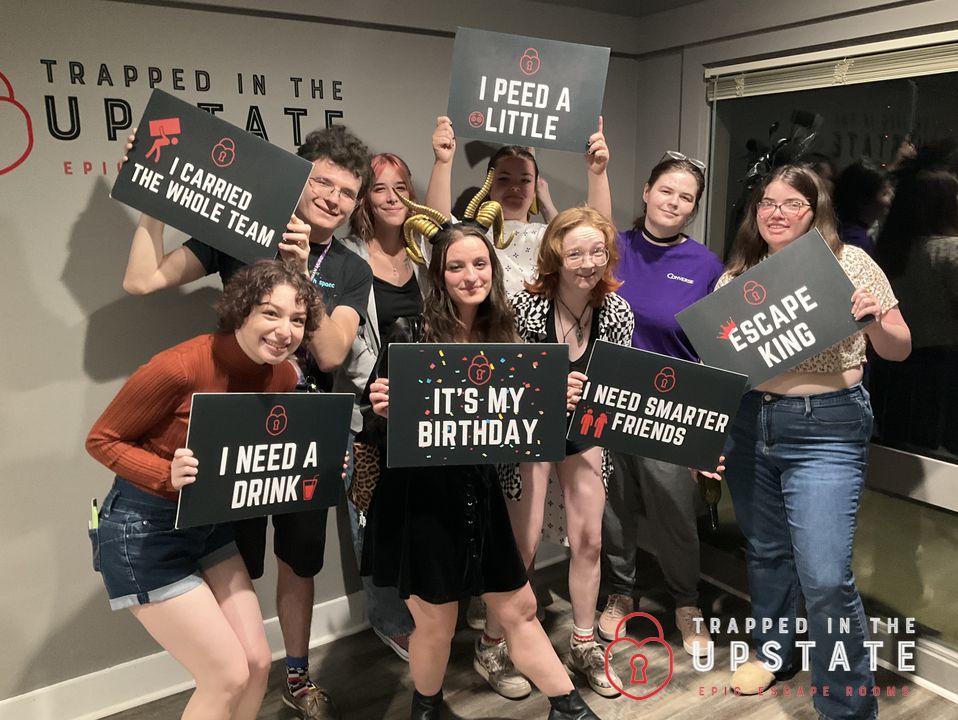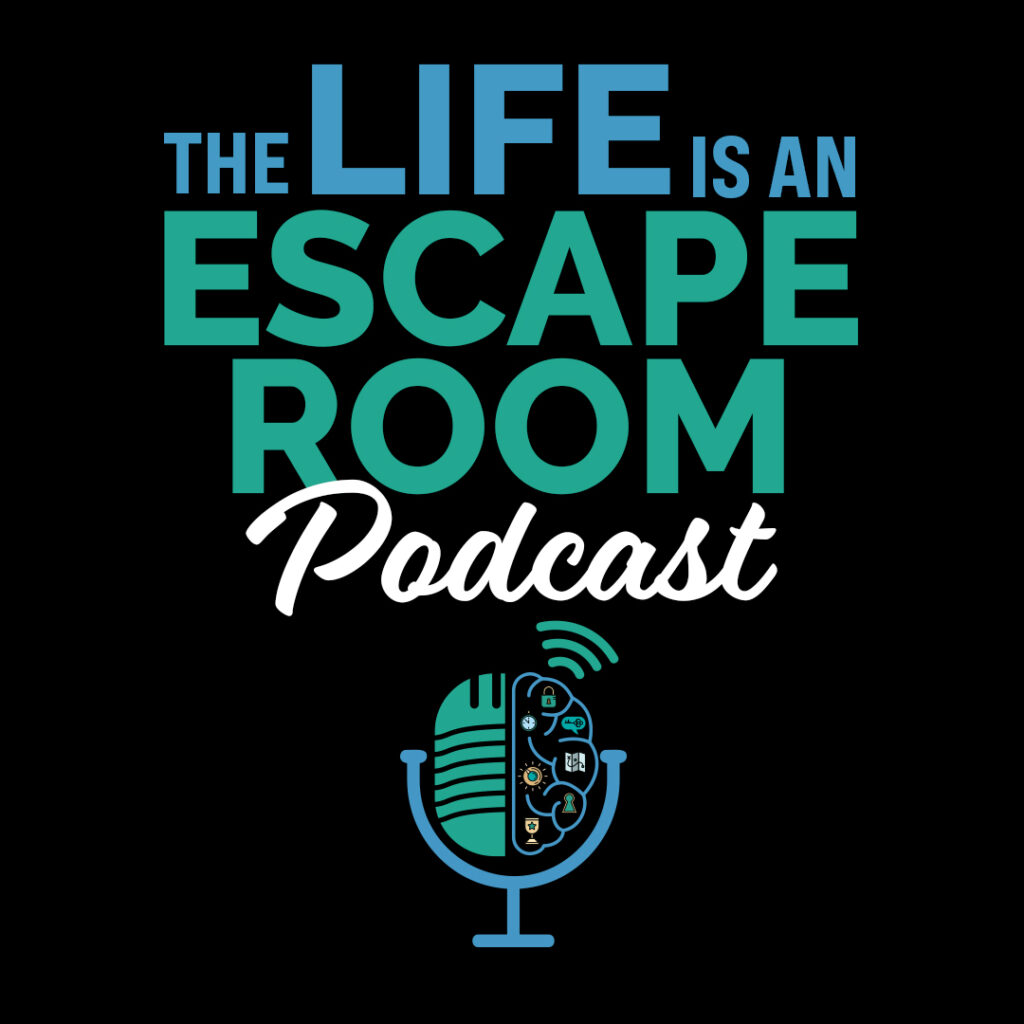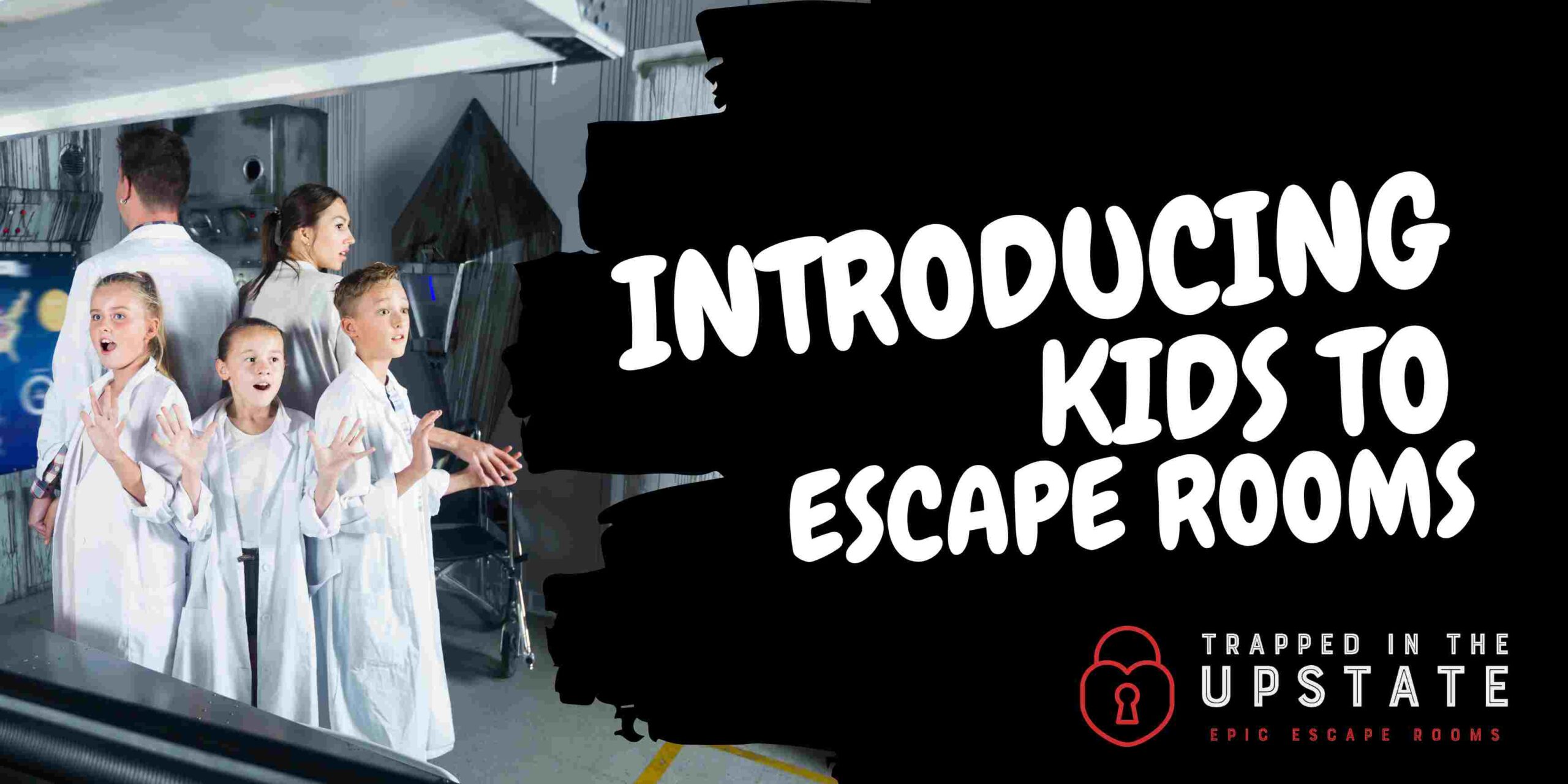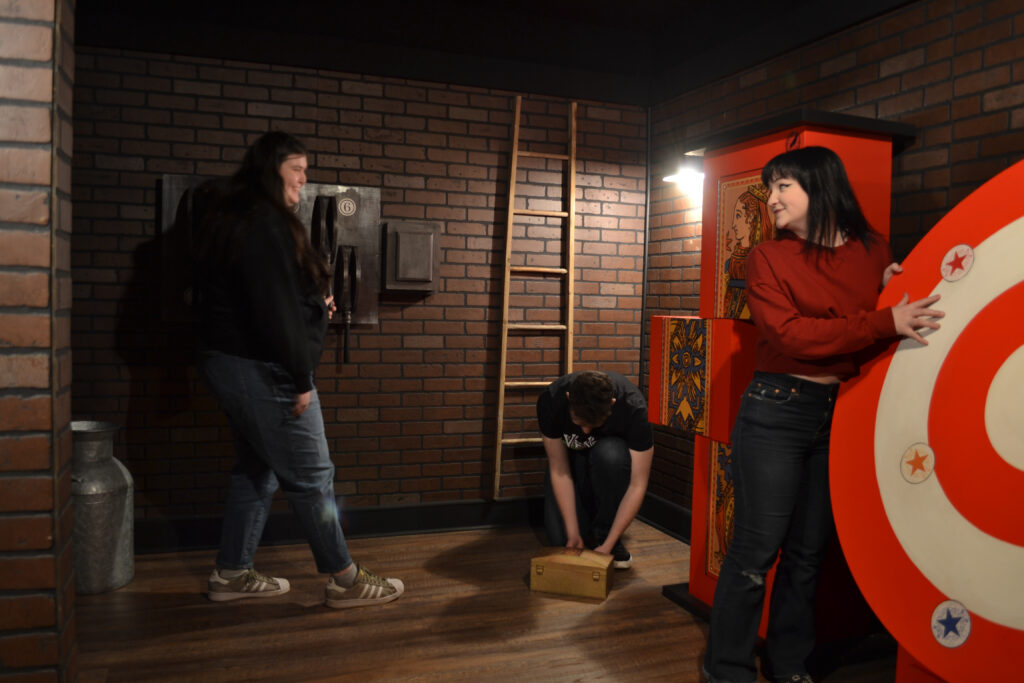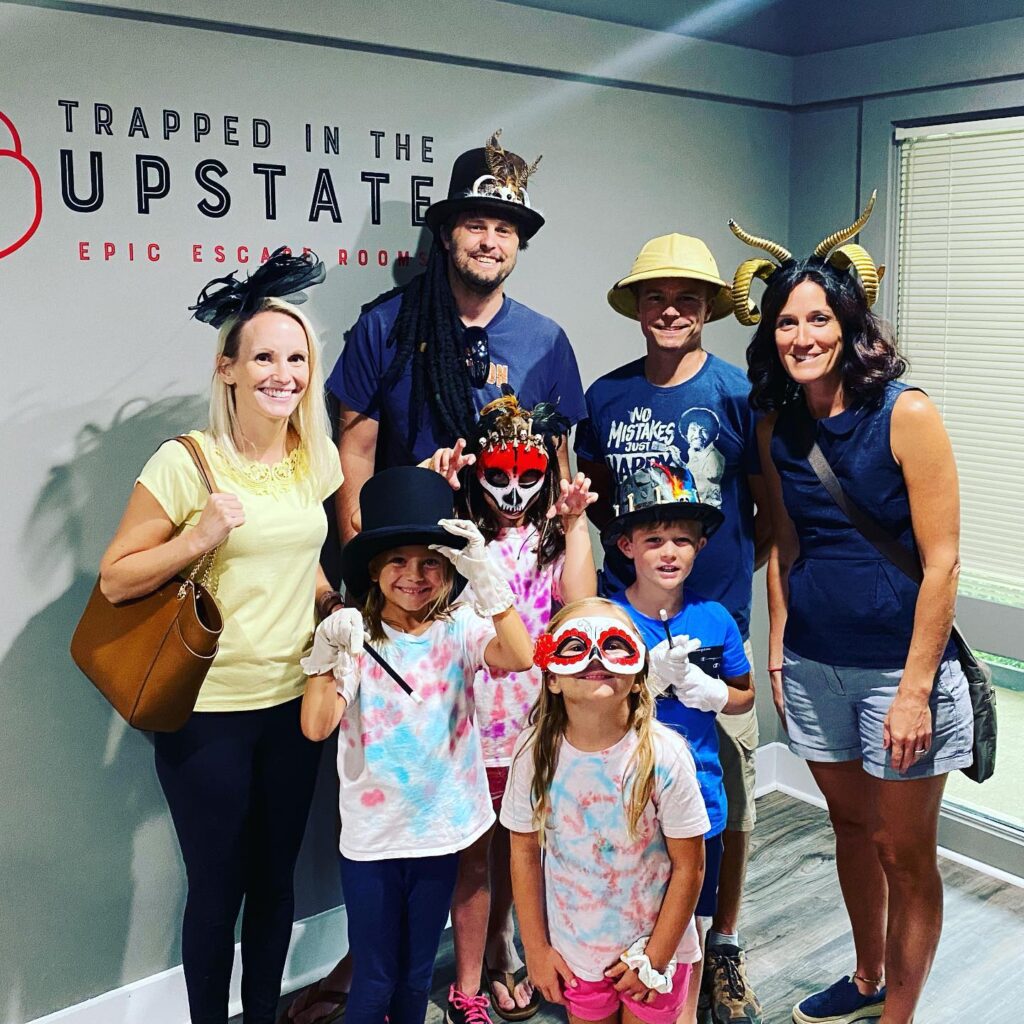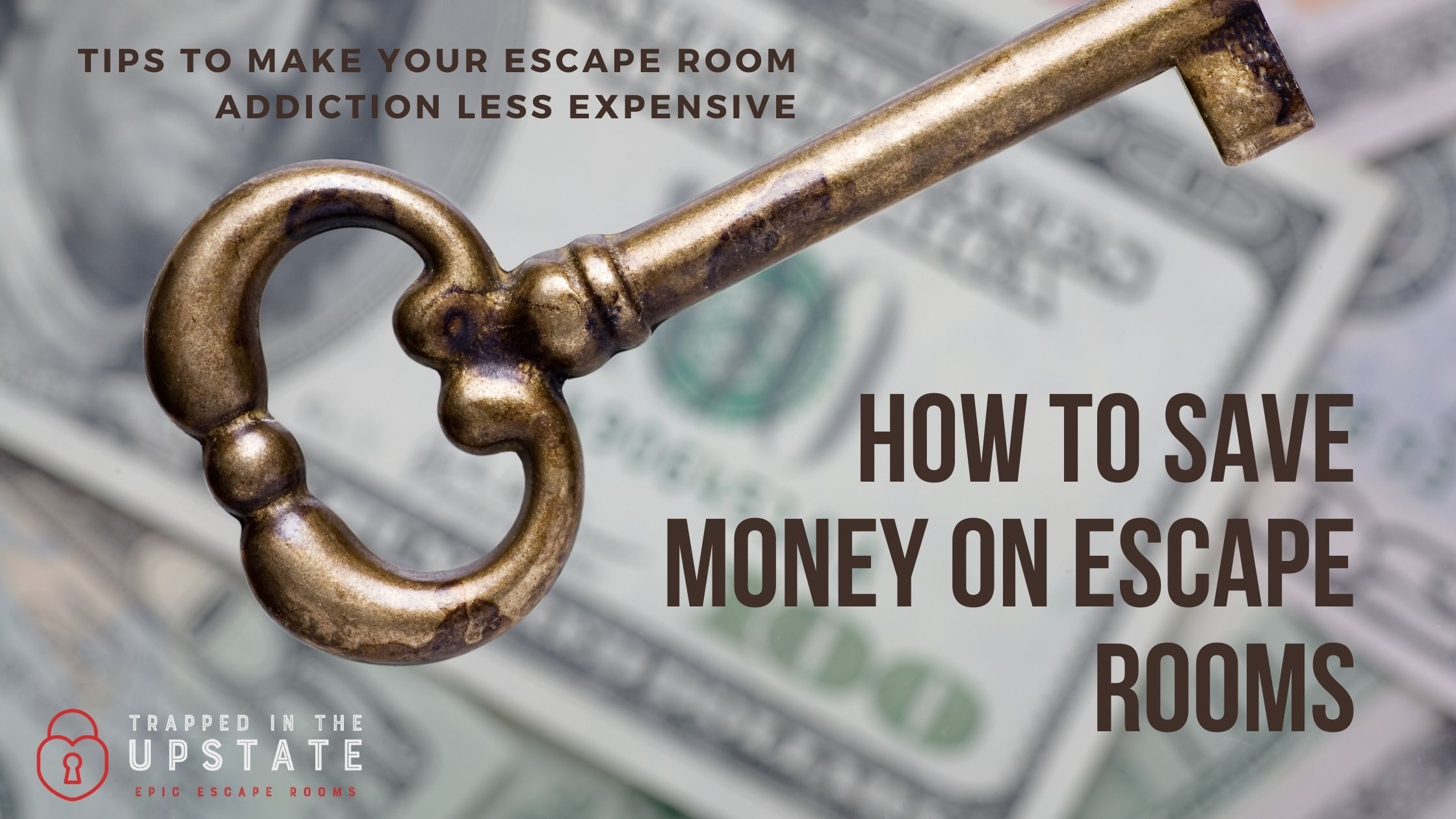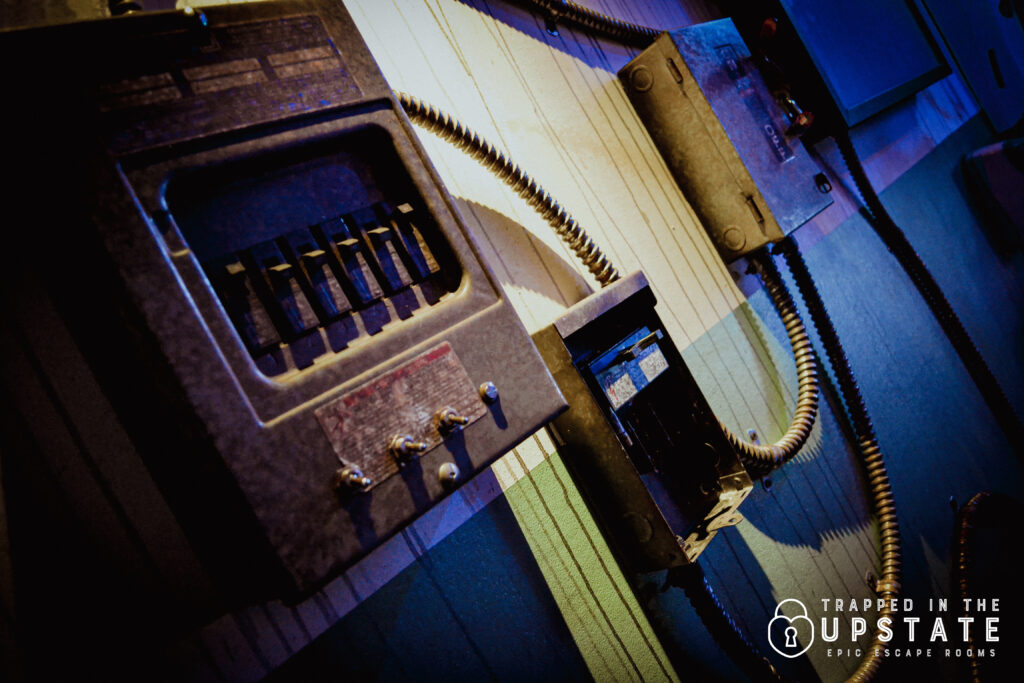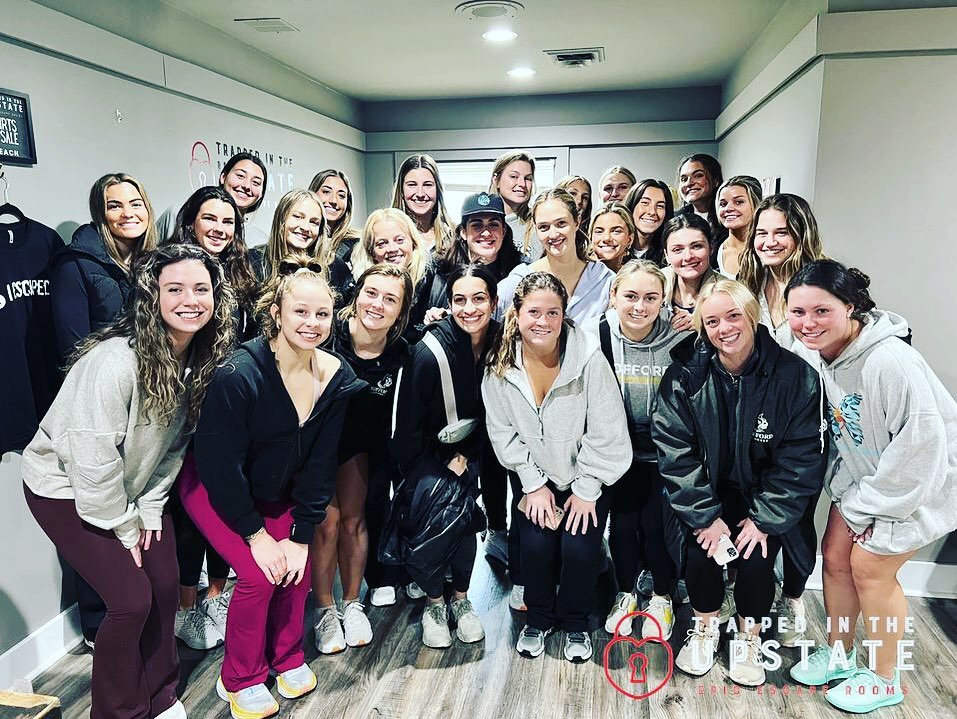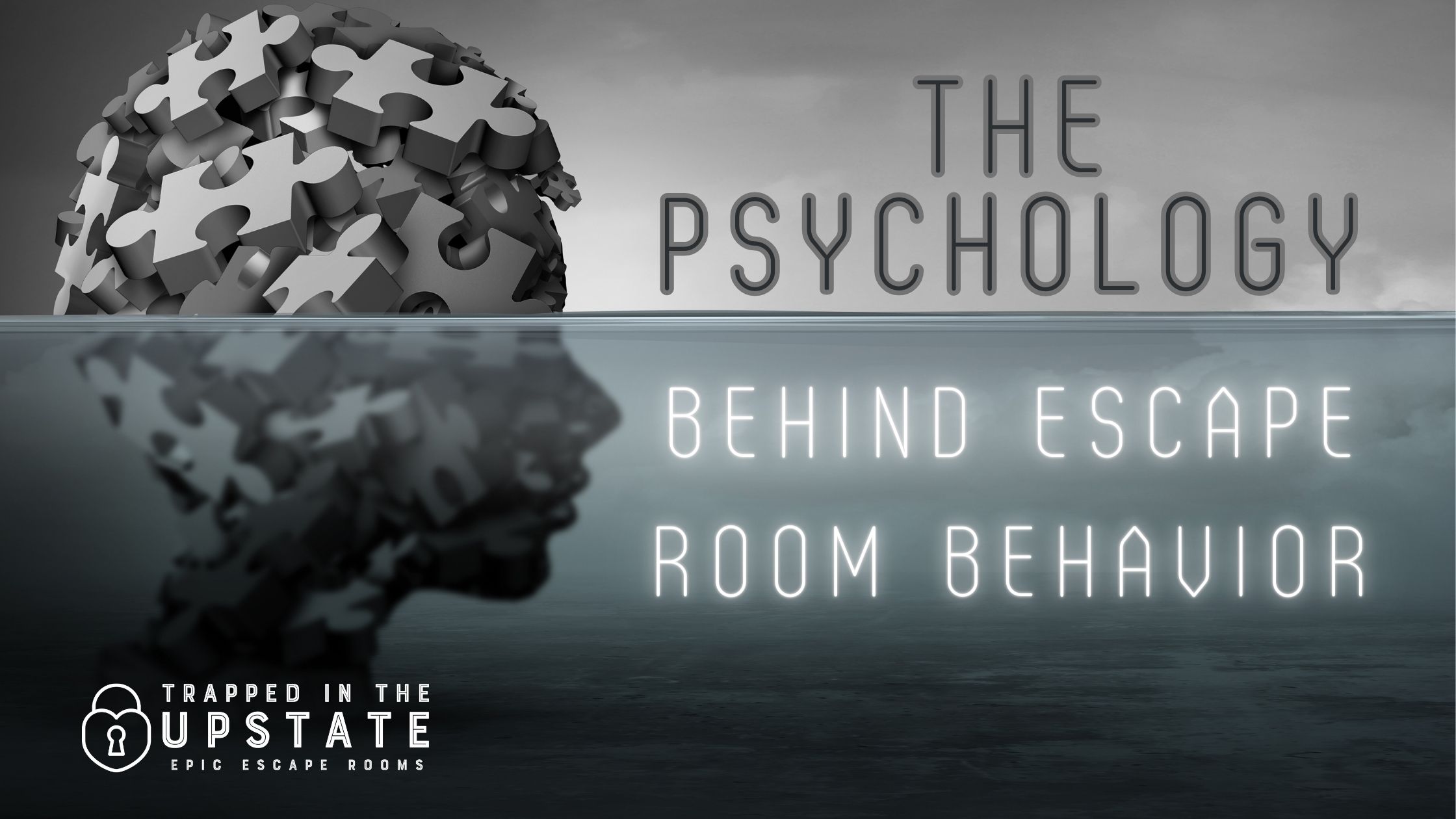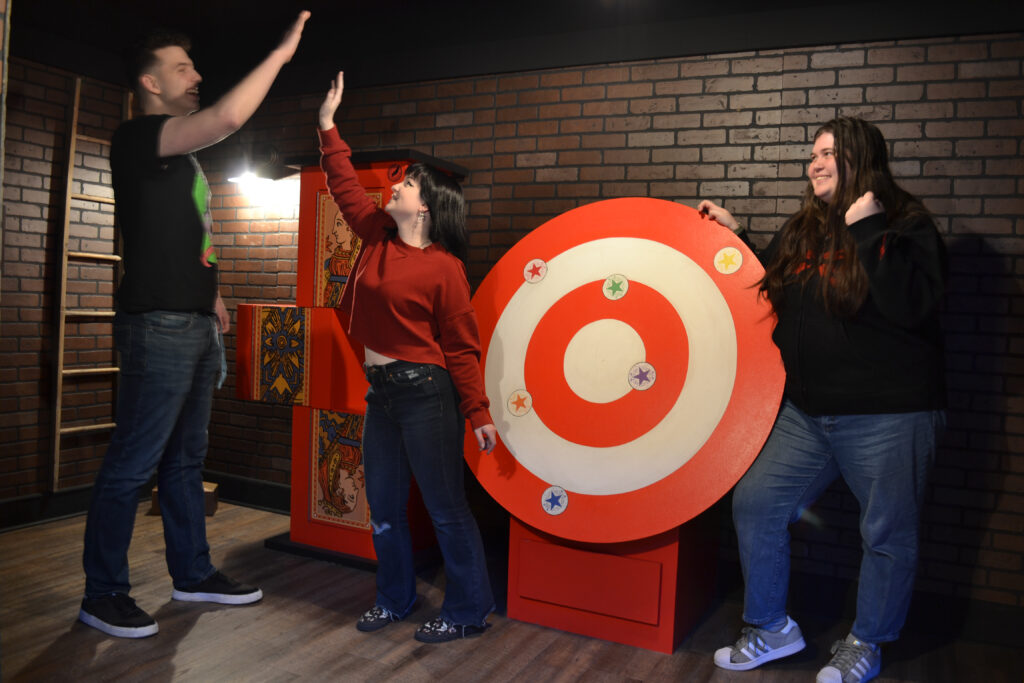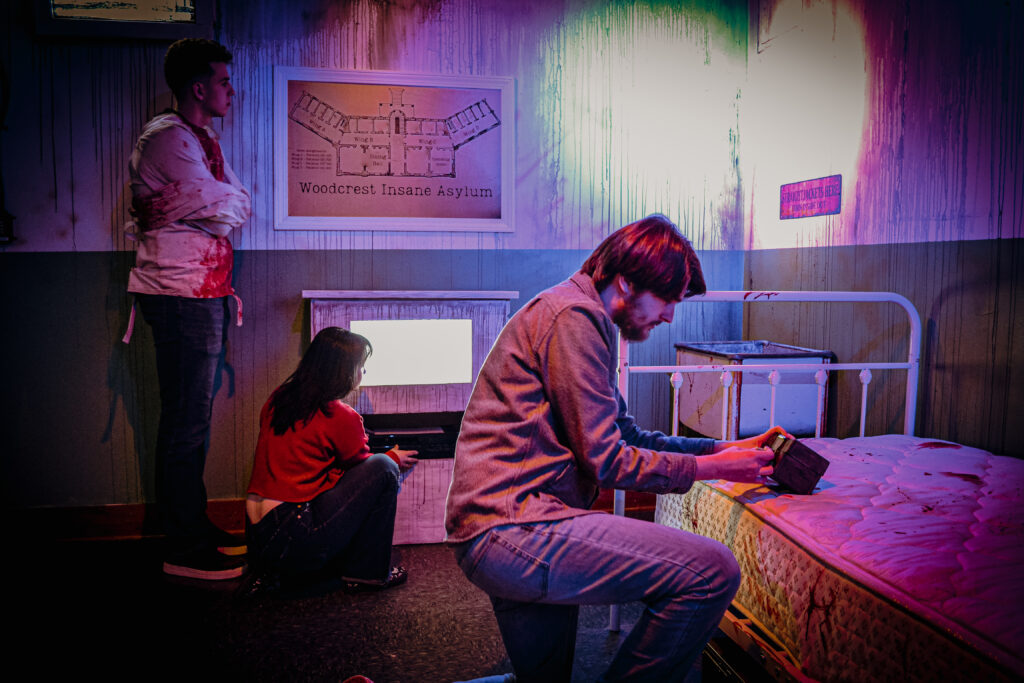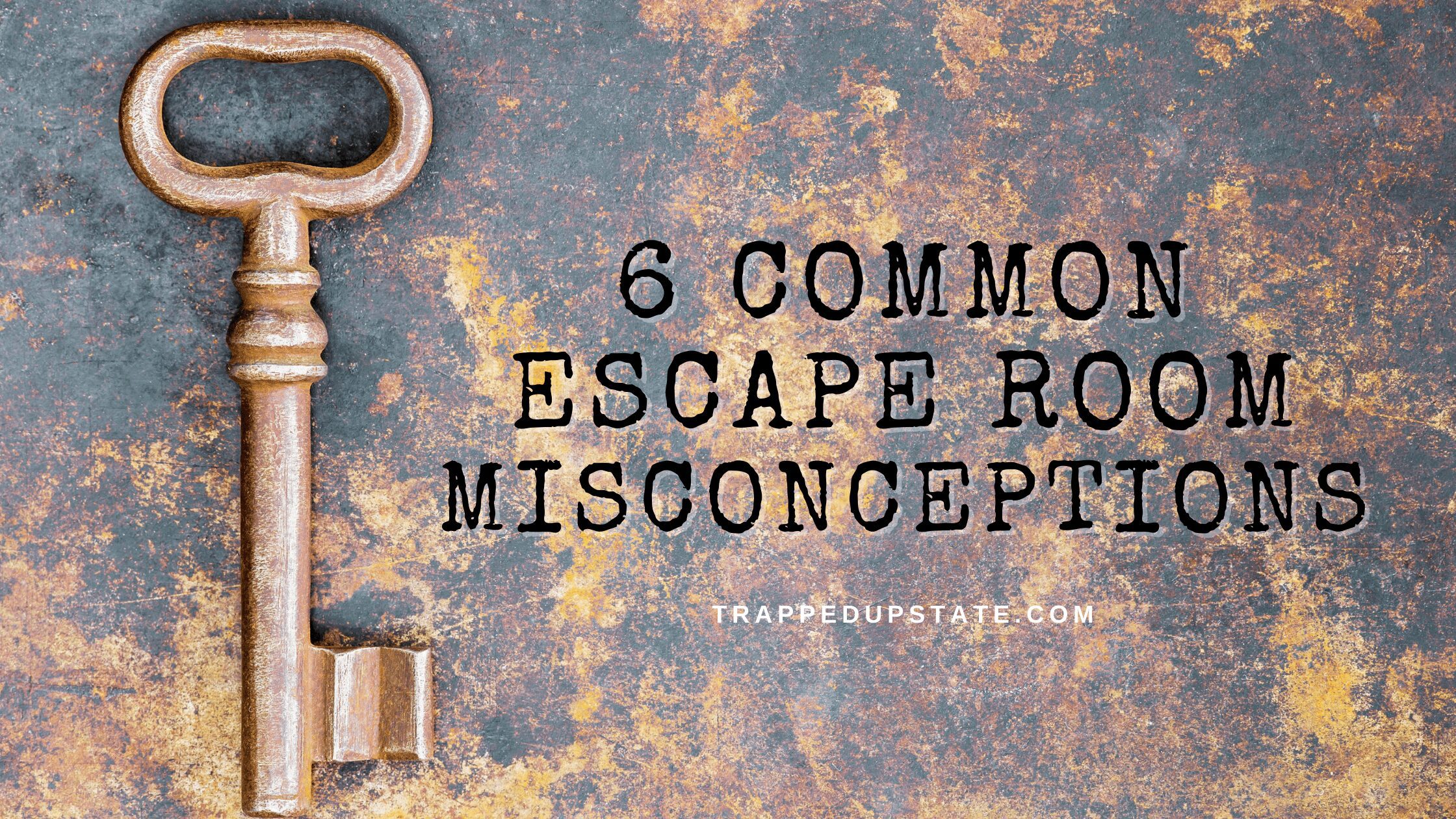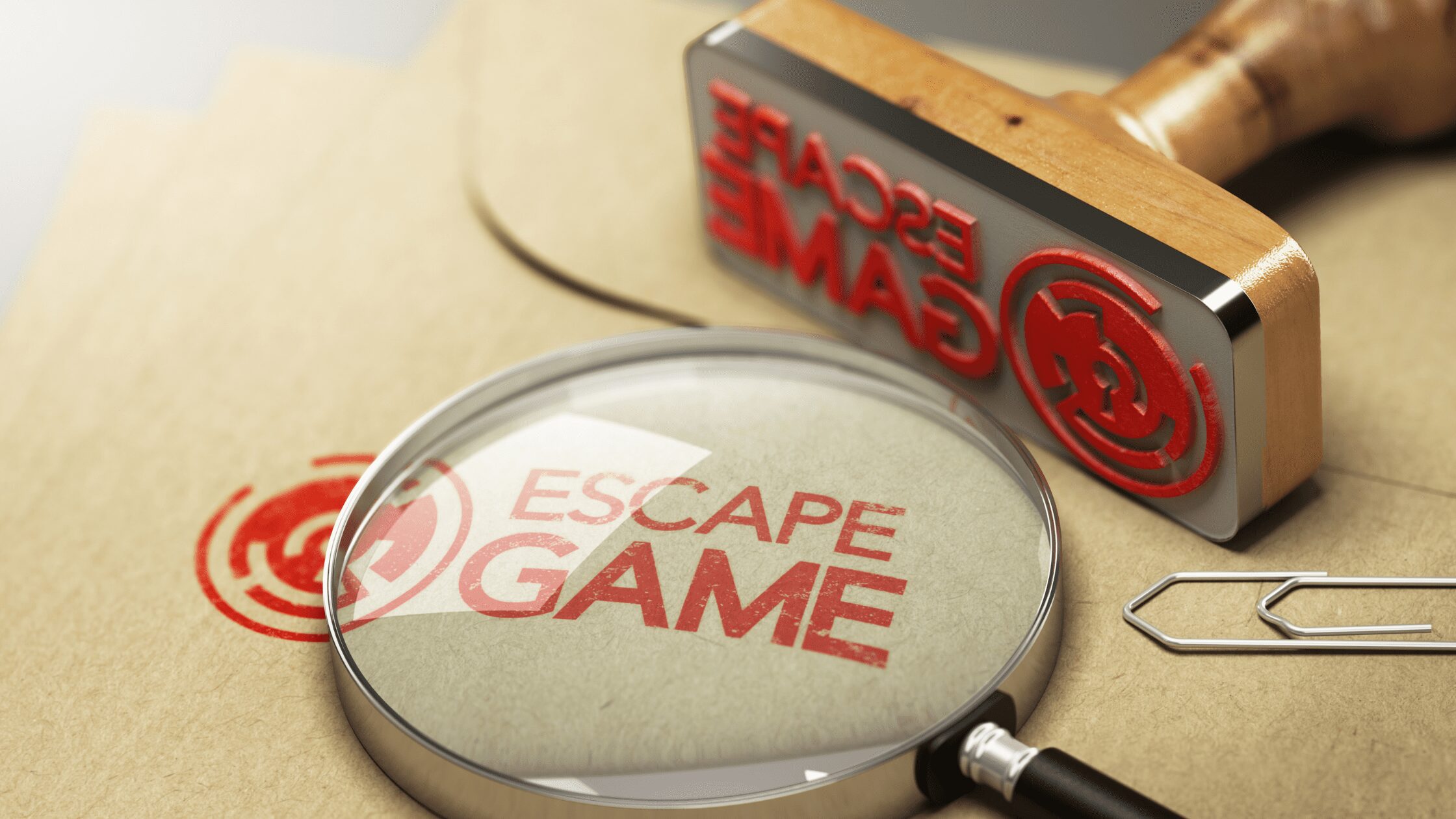Escape rooms have become a popular activity for people looking for a unique and immersive experience. We are often asked for escape room recommendations when people are traveling to new locations and want to find the best games. With so many escape rooms popping up all over the world, it can be overwhelming to choose high quality escape rooms. Here are some tips to help you find a good escape room.
Read reviews to find quality escape rooms
Before booking an escape room, read reviews from previous customers. Look for reviews on the company’s website, as well as on third-party review sites like TripAdvisor and Yelp. Reviews can give you an idea of the quality of the puzzles, the level of difficulty, and the overall experience.

To find the best of the best, download the Morty App to see reviews from players who have played more than a few games. This app is for escape room enthusiast, and many reviewers have played rooms all over the world. Keep in mind that if you are a new player, these reviews come from players who have played extremely high budget rooms, so they may not rate games from smaller companies as high, even though they are still great rooms to check out.
Consider the theme and storyline
Escape rooms come in a variety of themes and storylines, from horror to adventure to sci-fi. Consider the theme and storyline of the escape room before booking. Choose a theme that interests you and a storyline that you can immerse yourself in.
Check the difficulty level
Escape rooms are designed to be challenging, but some are more difficult than others. Make sure to check the difficulty level of the escape room before booking. If you’re new to escape rooms, start with an easier one, and work your way up to more difficult ones.
Escape rooms are rated based on how “smart” the players need to be. Playing these games is similar to learning a new sport. You need to practice to get better (a great excuse to book more rooms!). You learn what you’re looking for and the types of puzzles that are commonly seen over time. So just because you have a group of brain doctors doesn’t mean you should seek out the most advanced game! You’ll have more fun learning the “sport” by starting at the beginnng.
Look for good customer service
Customer service is an important factor to consider when choosing an escape room. Look for a company that is responsive to inquiries and has a helpful and friendly staff. Good customer service can make the experience more enjoyable and help you feel more comfortable.
Emily was our host and did a phenomenal job helping us with tips to escape! We will definitely be back!
Taylor-Trapped in the Upstate Google Review
Check the location and accessibility
Consider the location of the escape room before booking. Choose a location that is convenient for you and easy to access. Check for parking options or public transportation nearby.
Compare prices
Escape rooms can vary in price, so it’s a good idea to compare prices before booking. Look for deals or promotions that can help you save money, but typically speaking, you get what you pay for. Higher quality escape rooms are costly to create and run, so their prices will be higher than a budget escape room. Be especially wary of escape rooms that have significantly lower prices than others in the area or that are running Groupon specials.
For tips on how to save money on escape rooms, click here!
Check for safety measures
Safety is important when it comes to escape rooms. Look for a company that takes safety seriously and has measures in place to ensure the safety of its customers.
In conclusion, finding a good escape room requires some research and consideration. Read reviews, consider the theme and storyline, check the difficulty level, look for good customer service, check the location and accessibility, compare prices, and check for safety measures. By taking these factors into account, you can find an escape room that will provide a fun and memorable experience.

